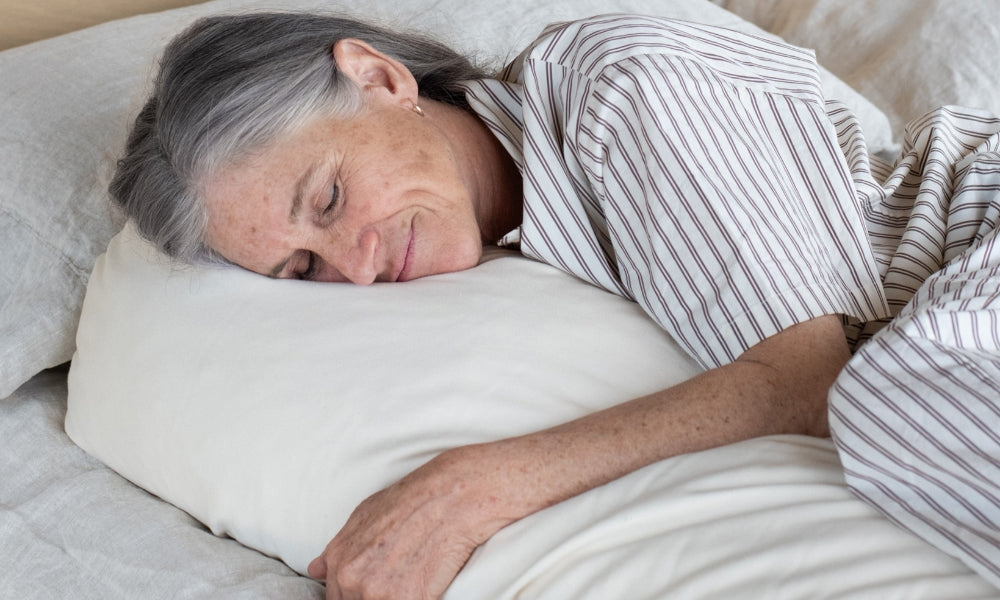In today’s fast paced world, it’s essential to establish practices and rituals that promote restful and restorative sleep. Setting bedtime routines is important for adults and children alike.
Sleep hygiene refers to the healthy actions, habits and environment that make up our nighttime routine.
Best Practices for Sleep Hygiene:
Keep a consistent sleep schedule by going to bed and waking up at the same time every day. This helps to regulate your body’s internal clock and synchronize your circadian rhythms. When thrown off, your circadian cycle can create sleep issues, including restless sleep and insomnia. Regularity is key.
Create a calm sleep environment by keeping your bedroom cool, quiet and dark. It’s also important to reserve your bedroom for sleep and relaxation. If you must have a shared work/sleep environment, ensure that all work related items, including paperwork and electronics are packed away and turned off for the night.
Avoid caffeine, alcohol, nicotine and heavy meals several hours before going to bed. These stimulants can interfere with your ability to fall asleep and diminish your quality of sleep.
A warm bath or shower one to two hours before going to bed stimulates blood flow to the skin’s surface, hands and feet, causing the body’s core temperature to drop. As your body temperature cools down, your circadian clock is signaled that it’s time to sleep.
Meditate or listen to a sleep app. We love the WikiSleep Podcast, as it relaxes the mind with unique sleep stories and other curiosities read by calming voices that help the listener to relax and unwind. Their tag line says that it’s interesting enough to get your attention-but calm enough so you can drift off to sleep.
Set a realistic alarm and get out of bed as soon as it goes off.
Although it can be tempting, don’t hit the snooze button. When you wake up and get right out of bed, the REM cycle ends. When you hit snooze, your body falls back into REM only to be interrupted mid-cycle (9 minutes later), causing the body to feel stressed, tired and groggy.
Establishing consistent bedtime rituals is an essential step to achieving healthy, restorative sleep. By incorporating these practices into your nightly routine, you can improve your sleep quality, cognitive abilities and overall well-being. In his TED Talk, Dr. Matthew Walker, a brain and sleep scientist states “Sleep is your superpower. It is the elixir of life, the most powerful and widely available healthcare system I could ever imagine”.
Sweet dreams.





















